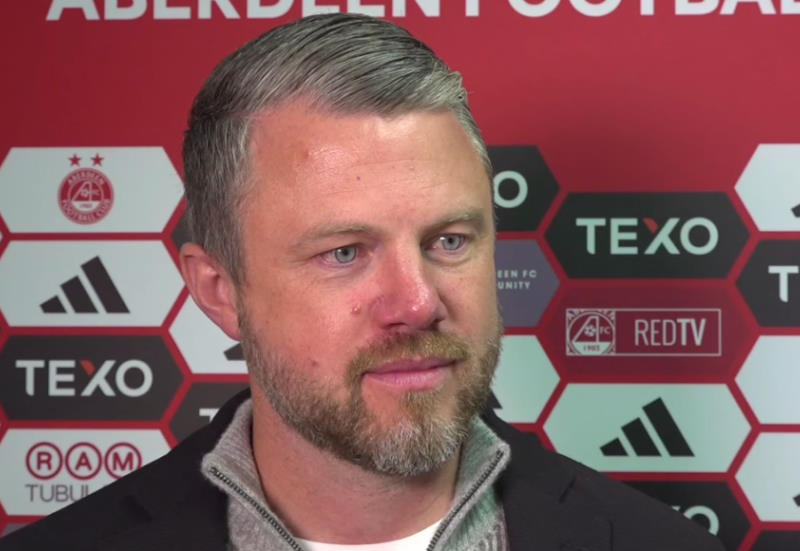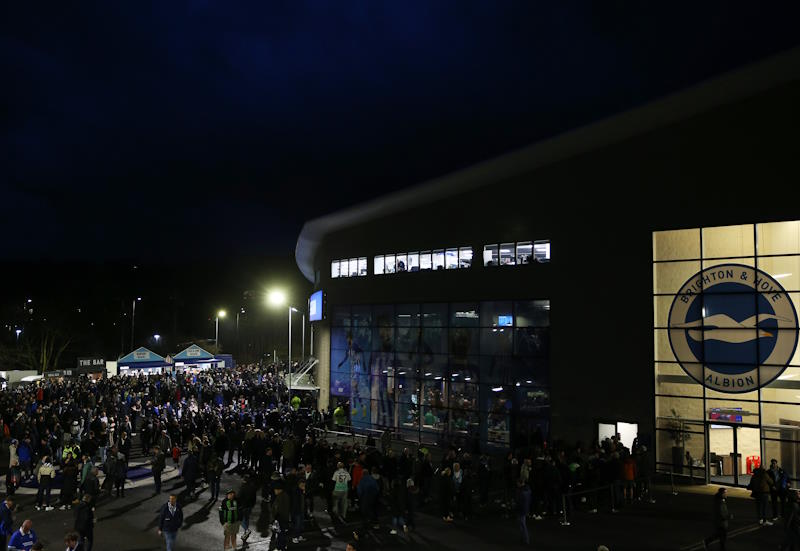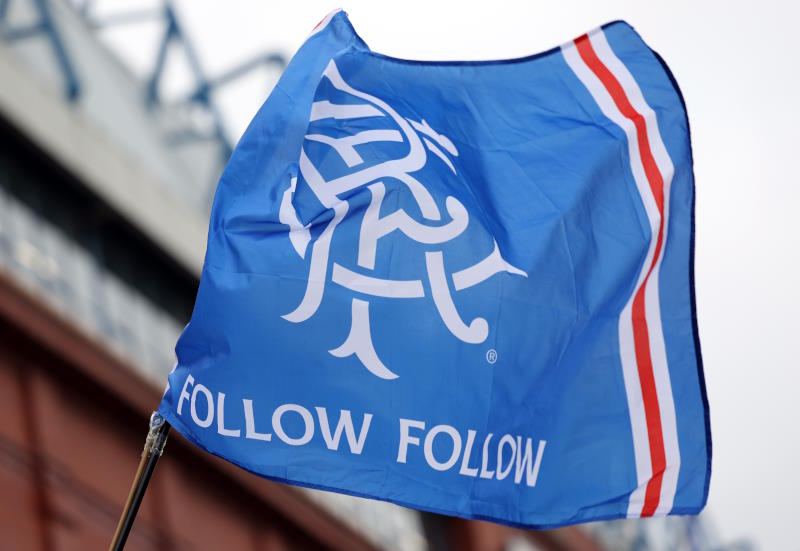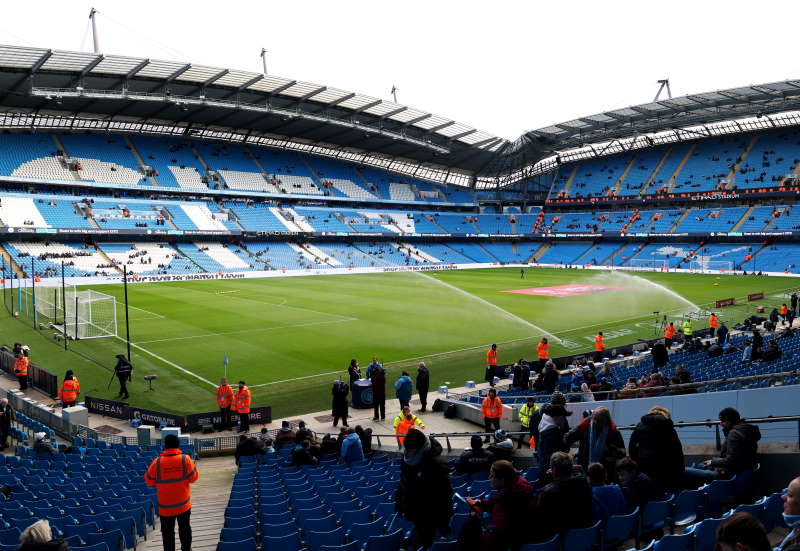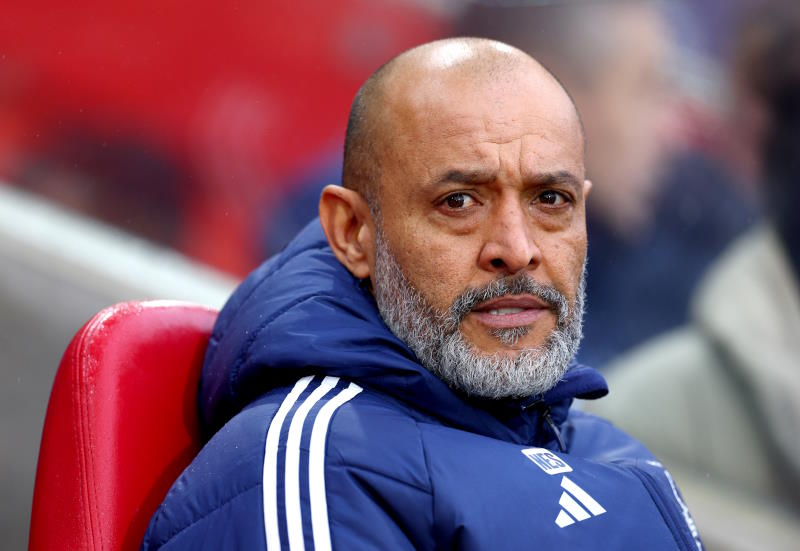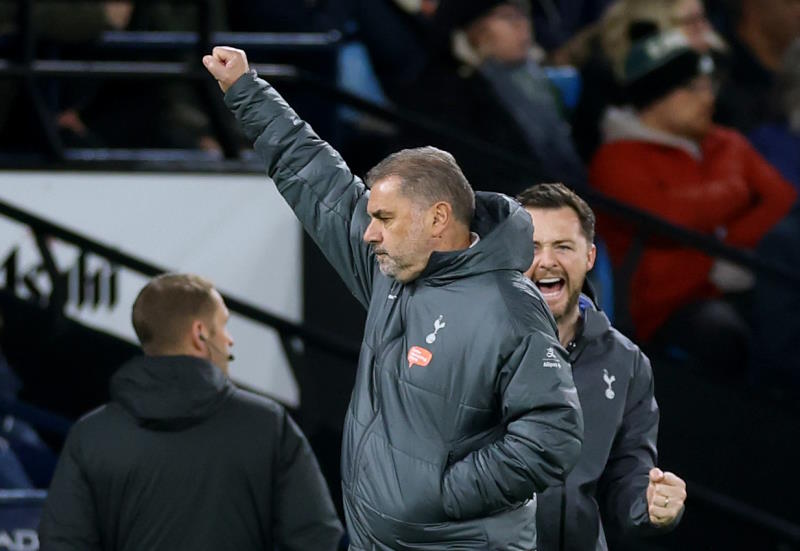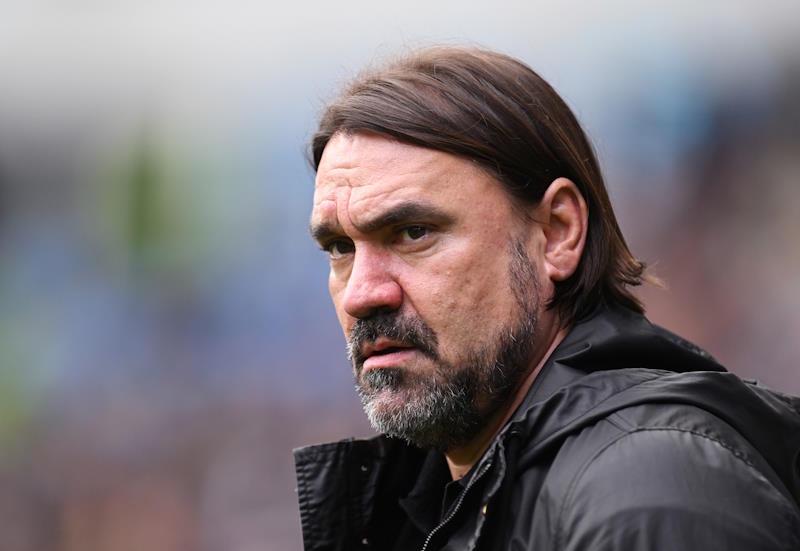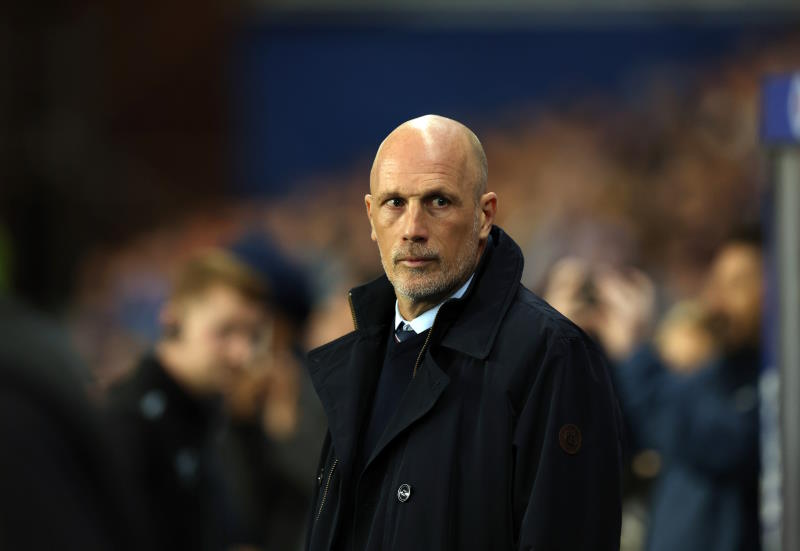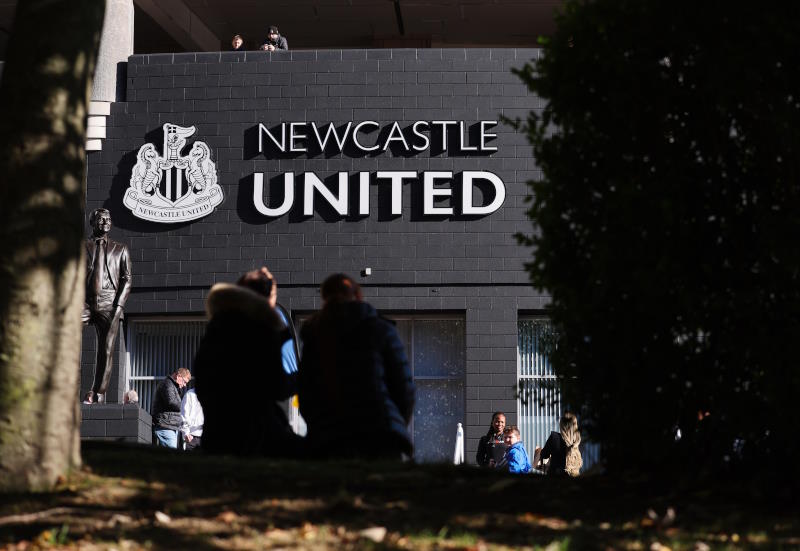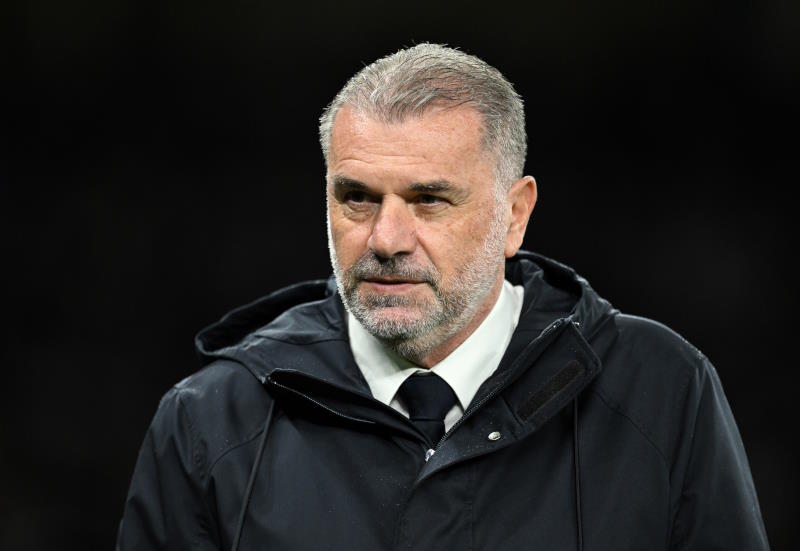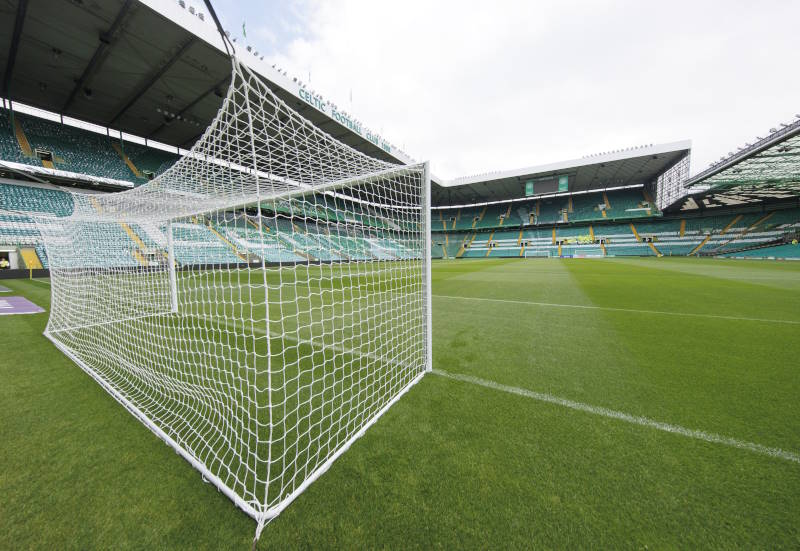
One of international football’s most unlikely tournaments is about to get underway in Moscow – even if the lack of fanfare around the CIS Cup means most people would barely notice it.
The annual event, played at Olympiisky and the Dinamo indoor arena, was introduced in 1993 as a kind of Champions League for the former Soviet Union.
Early success, and regular visits from footballing aristocrats such as Michel Platini and Sepp Blatter raised hopes that the contest could become the first regular tournament to pit teams from Asia and Europe against one another.
But political wrangles and the lure of cold hard cash have largely scuppered that dream: Georgia no longer sends a team after the 2008 conflict over South Ossetia, and even before that Russian and Ukrainian sides preferred to send their strongest squads to the lucrative Channel 1 Cup, played in Israel in February.
So, far from the early days when clashes between Spartak Moscow and Dynamo Kyiv drew crowds of 16,000, recent tournaments have ended up being won by the unheralded likes of Khazar Lenkaran (Azerbaijan) or Prakhtakor Tashkent (Uzbekistan) in front of sparse crowds.
And this season is unlikely to be hugely different, with neither Rubin Kazan nor Dynamo Kyiv planning to send anything like a full-strength team,
“Our pre-season plans were set up long ago and we won’t disrupt them because of our involvement in the CIS Cup,” Rubin coach Gurban Berdyev told Rossiskaya Gazeta. “It will give a chance for our youngsters to prove themselves.”
And in Kyiv Valery Gazzayev felt much the same, though club president Igor Surkis promised that their “talented reserves” would ensure that “our fans won’t be ashamed of Dynamo”.
Kazakhstan’s FK Aktobe rated among the favourites as they operate with a €6M budget and held off the challenge of newly-formed Lokomotiv Astana – boasting the services of ageing Russian international stars Andrei Tikhonov and Yegor Titov – to win their league.
Despite this, even smaller post-Soviet states are having second thoughts: Pyunik Yerevan, regular winners of the Armenian league, have only just returned to the fold with their directors warning that the Russian Football Union wasn’t impressed with countries sending non-champions.
Perhaps tellingly, their president Karen Artuyunyan added that he had been given assurances that the tournament’s organisation “would be at the highest level”, in an interview with Vesti TV.
But Europa League commitments have ruled out Moldova’s Sherif Tiraspol, replaced by Dacia Chisinau, while Belarus is represented by third-placed Dnepr Mogilev rather than serial champions BATE Borisov.
Ironically, against this backdrop, sections of the Russian media have been calling for a recreation of the old Soviet championship.
Memories of sell-out crowds at the Spartak Moscow – Dynamo Kyiv Champions League qualifiers in 2008 have persuaded some that quietly demoting a few Russian also-rans and replacing them with crack bands of Ukrainians, Belarussians and Caucasians could inject new life into the domestic competition.
And once-famous clubs like the Dinamoes of Minsk or Tbilisi, now stranded fish in tiny pools, would welcome the chance to take another tilt at the top table – buoyed by a TV cash bonanza.
But practical concerns about European qualification, promotion and relegation seem set to strangle the idea at birth, with the likes of Spartak head coach Valery Karpin giving it a decidedly lukewarm welcome.
Meanwhile, the Channel 1 Cup, held in Israel every February and funded by an assortment of Israeli-Russian businessmen keen to bring their home teams to town has become the pre-season highlight for Russian and Ukrainian clubs.
Money talks, and exiled oligarchs boasting a sponsorship deal with a state TV channel shout rather louder than the Russian Football Union.
* The CIS Cup, which this year features a guest appearance from Finland’s HJK Helsinki and a ‘representative team’ from Russian clubs, is set to be played in Moscow from 16-24 January.
Related Articles:
- – Rubin Champions League Campaign Delights Kazan
- – Slutsky Must Manage Changed CSKA Reality
- – Russian Legend Valery Gazzaev Has Dynamo Kyiv Challenge
Photo Courtesy Aleksandr Mysyakin

